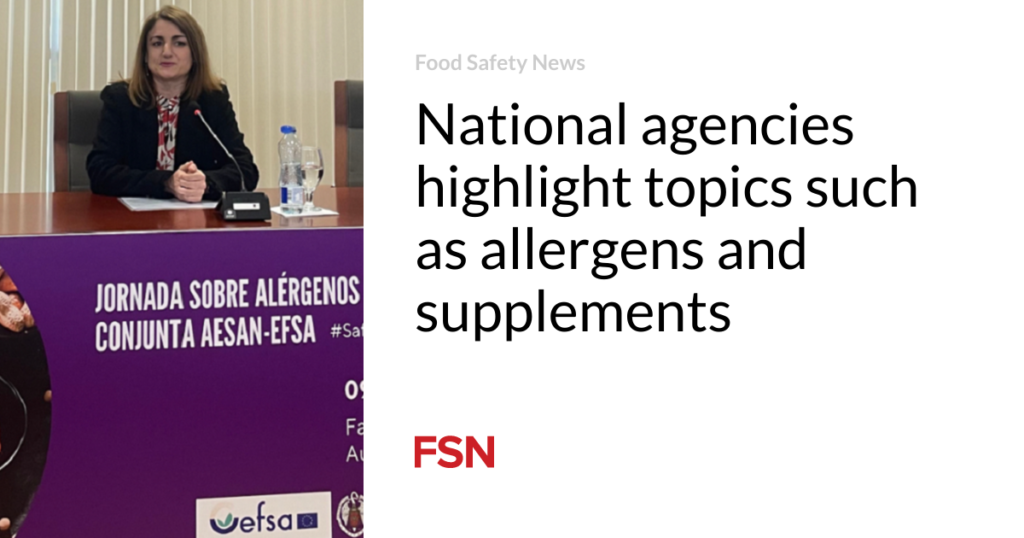“`html
National Agencies Highlight Allergens and Supplements
In recent years, national health agencies have placed increased emphasis on the importance of understanding allergens and dietary supplements. The focus on these topics reflects a growing concern for the health and safety of consumers around the world.
Understanding Allergens
Food allergens are substances that can cause allergic reactions in certain individuals. According to the Food Allergy Research & Education (FARE), roughly 32 million Americans have food allergies, with some of the most common allergens being:
- Peanuts
- Tree nuts
- Fish
- Shellfish
- Milk
- Eggs
- Wheat
- Soy
National agencies such as the U.S. Food and Drug Administration (FDA) and the Centers for Disease Control and Prevention (CDC) have produced guidelines to help both consumers and manufacturers manage allergens effectively. Proper labeling of foods containing these allergens is particularly crucial, as accidental exposure can lead to severe health threats, including anaphylaxis.
Dietary Supplements: Safety and Regulation
Dietary supplements are products intended to supplement the diet and may contain vitamins, minerals, herbs, or other botanicals. The National Institutes of Health’s Office of Dietary Supplements stresses the importance of educating consumers about the safe use of supplements.
Key highlights on dietary supplements include:
- Supplements must be clearly labeled with their ingredients and any potential allergens.
- Consumers should be cautious of claims made about health benefits and efficacy.
- Consultation with healthcare providers can help determine the necessity of supplementation and potential interactions with medications.
Latest Research and Recommendations
Recent studies have underscored the need for stricter regulations on dietary supplements. A report from the National Center for Biotechnology Information (NCBI) highlights that many supplements do not undergo rigorous testing before reaching the market. Therefore, consumers are urged to conduct thorough research and rely on reputable brands.
Conclusion
As national agencies continue to strengthen their focus on allergens and dietary supplements, it is essential for consumers to stay informed. Understanding these topics can significantly impact health and well-being, minimizing risks associated with food allergies and improper supplement use.
For more information, consumers can visit resources such as the FDA Allergens Page or the NIH Office of Dietary Supplements.
“`





